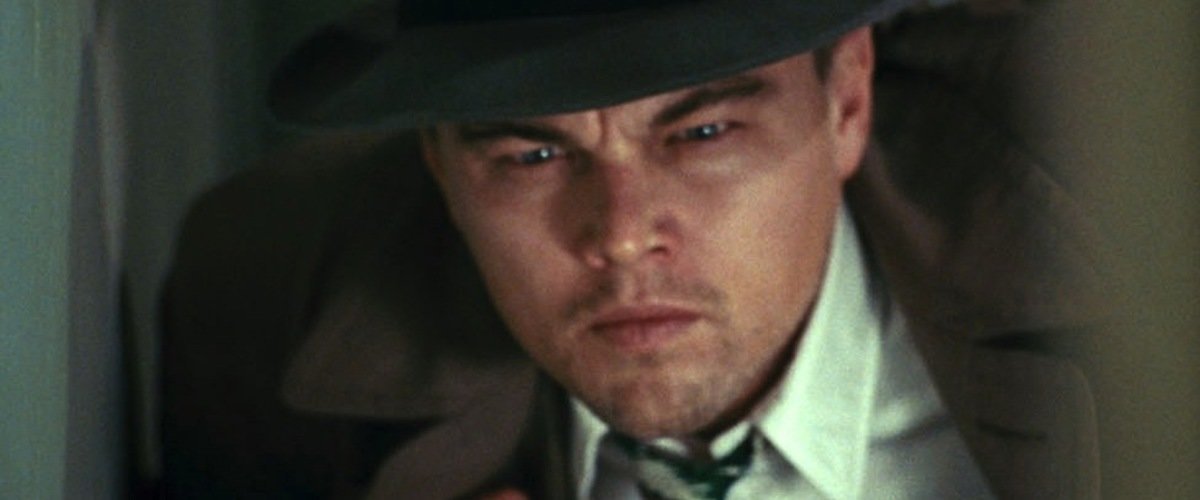
Directed by: James Wan
Starring: Jason Momoa, Amber Heard, Nicole Kidman, Patrick Wilson, Willem Dafoe, Dolph Lundgren, Temuera Morrison, Yahya Abdul-Mateen II
Like previous Justice League movies, and we may as well throw some Avengers movies into this mix also, Aquaman is at its best when it is dialed down. We don't need to see CGI on screen every second. There are scenes of heart and tenderness in Aquaman, most of which involving Nicole Kidman, who to her credit doesn't simply phone in her performance as the queen of the sea. Jason Momoa is a capable Aquaman who has fun with the role. This is one superhero who doesn't mind throwing back a few beers and partying during the lulls in his attempts to stop his villainous half-brother Orm (Wilson) from uniting all of the undersea kingdoms and waging war on the surface.
That is the plot in a nutshell, and Aquaman begins with a moving love story between Queen Atlanna (Kidman) and the ordinary lighthouse keeper who rescues her after she washes ashore. Their love produces son Arthur, who grows up to be Aquaman and has an uncanny ability to communicate with ocean life. Momoa brings confidence and charisma to the role, and of course can convincingly kick some butts. But then the plot takes over and the movie spends an inordinate amount of time in different parts of the world as Aquaman and his new gal pal Mera (Heard) search for the trident which will give Aquaman the power he needs to dethrone Orm and win his battle.
Aquaman sags in the middle to the point in which it never truly recovers, which overshadows the positives of the film. The visuals of the undersea world Aquaman inhabits are vibrant and colorful, but soon we feel like we are overtaken by the vast amounts of sea creatures, characters, and water. Wilson is a conflicted villain, which adds depth to the performance, and this leads to a moving payoff in the end. But, if anyone can make sense of the final undersea battle between Aquaman and everyone, then your comprehension is much greater than mine.
The idea of an Aquaman movie was kidded in the Entourage television series, but the look of this endeavor would certainly make James Cameron proud. Momoa is surely a better actor than Vincent Chase. This real movie has its moments in which it aspires to something great, but frustratingly plays it safe by throwing all of the CGI it can at the screen. If the movie had been as strong as its opening fifteen minutes, we would have really had something here. Instead, we get a near miss which runs at least thirty minutes too long and has so many characters and subplots to juggle, the audience should've been supplied with a handbook.













